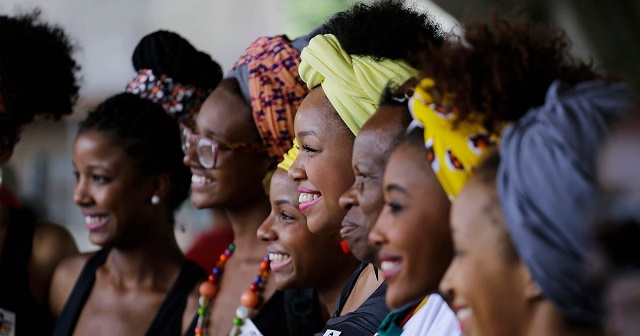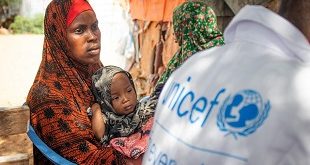
COMMENT | Gertrude Kamya Othieno |The World has recently celebrated International Women’s Week. African women must ask: What exactly are we celebrating? While progress in leadership, education, and economic inclusion is praised, one fundamental loss remains overlooked; the erasure of the African woman’s identity through imposed naming traditions and subjugation.
Across the continent, Africa is reclaiming her identity, renaming rivers, mountains, and lakes stripped of their indigenous significance. Yet, while geographical names are being restored, a deeper issue remains: the reclaiming of the African woman. Traditionally, African women were more than caretakers; they were leaders, economic powerhouses, and custodians of knowledge. Unlike Western women, often confined within rigid patriarchal systems, African women had names reflecting their essence, achievements, and lineage.
Then came colonisation, dismantling the structures that empowered them. European legal and social frameworks imposed a renaming system where women were no longer recognised by their personal or ancestral names but were instead transferred from father to husband. This was not merely administrative; it was an erasure of self. Women who once carried names of power and legacy were reduced to bearers of male-inherited surnames, disconnecting them from their past.
The Psychological Cost of Renaming and the Lingering Confusion
The loss of an African woman’s given name is not just a cultural tragedy—it is a forced identity transition, akin to being assigned an identity that negates one’s true self. Just as colonial rulers renamed African landscapes to reflect foreign ownership, so too were African women renamed to fit patriarchal structures that denied them self-definition.
This renaming was reinforced by capitalist systems that dismissed traditional African economies, where women thrived as traders, landowners, and decision-makers. To gain recognition, African women had to conform to European naming systems, validating them only within male-defined frameworks. The result was not just subjugation but the gradual erasure of women’s individual identities.
Beyond this, the erasure of African women’s names has caused widespread confusion, much like what we see today in politics, religion, and education, where Africa’s position is never clearly defined. The naming crisis has led to gender-based linguistic distortions, where daughters are sometimes mistakenly addressed as their fathers’ wives due to the way names have been structured in Western frameworks. This misalignment is not just a linguistic issue but a symptom of Africa’s disrupted identity.
Reclaiming the African Woman is Key to Africa’s Liberation
If Women’s Week is to have true meaning, then reclaiming our names and identities must be central to this demand. It is not enough to celebrate political representation and economic progress while operating under imposed identities. What does it mean to be empowered if an African woman still carries a name shaped by colonial and patriarchal control?
The fight to rename Africa’s rivers and mountains must go hand in hand with reclaiming African women’s names. If we take pride in restoring the names of the Nile, Mount Kilimanjaro, or Lake Victoria to their indigenous origins, then surely we must restore the names of our mothers, grandmothers, and daughters. African women must be recognised not by borrowed identities but by the powerful names once inscribed in their histories, spirits, and communities.
True Celebration Lies in Reclaiming Ourselves
So, as we celebrate Women’s Week, we must ask: Are we truly celebrating African women, or are we merely applauding them for succeeding in systems that were never designed for them?
African women do not need external validation to be recognised. True victory lies not in adopting imposed definitions of success but in reclaiming what was taken—our names, our narratives, and ultimately, our power. It is not enough to rename Africa’s rivers and mountains while leaving her women in the shadows of male-inherited identities.
Our names are not just words; they are histories, legacies, and declarations of who we are. If we are to celebrate the African woman, let it not be with borrowed names. Let it be with the names she was always meant to have.
*****
 Gertrude Kamya Othieno | Political Sociologist in Social Development (Alumna – London School of Economics/Political Science) | Email – gkothieno@gmail.com
Gertrude Kamya Othieno | Political Sociologist in Social Development (Alumna – London School of Economics/Political Science) | Email – gkothieno@gmail.com
 The Independent Uganda: You get the Truth we Pay the Price
The Independent Uganda: You get the Truth we Pay the Price



